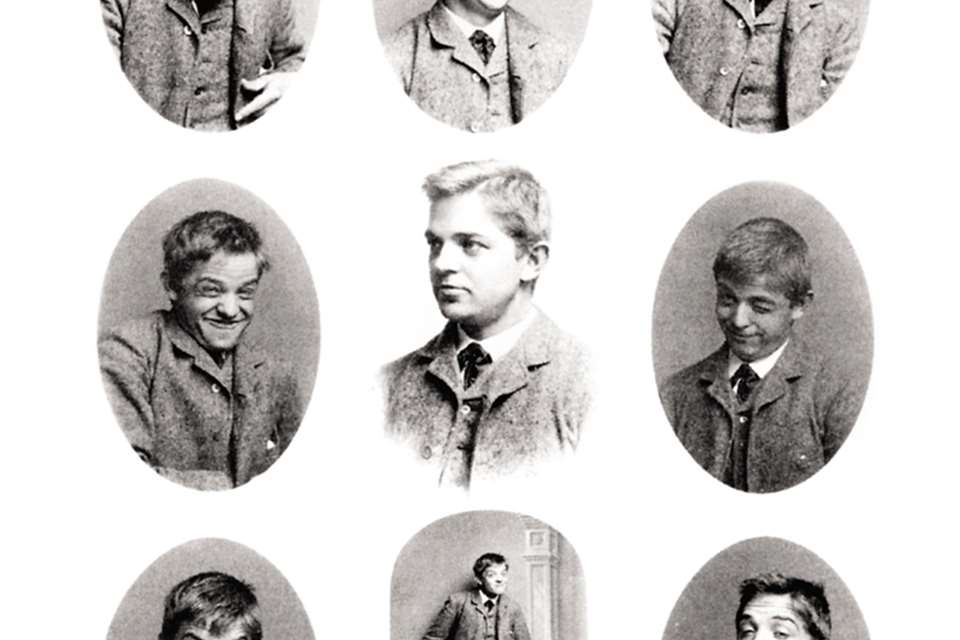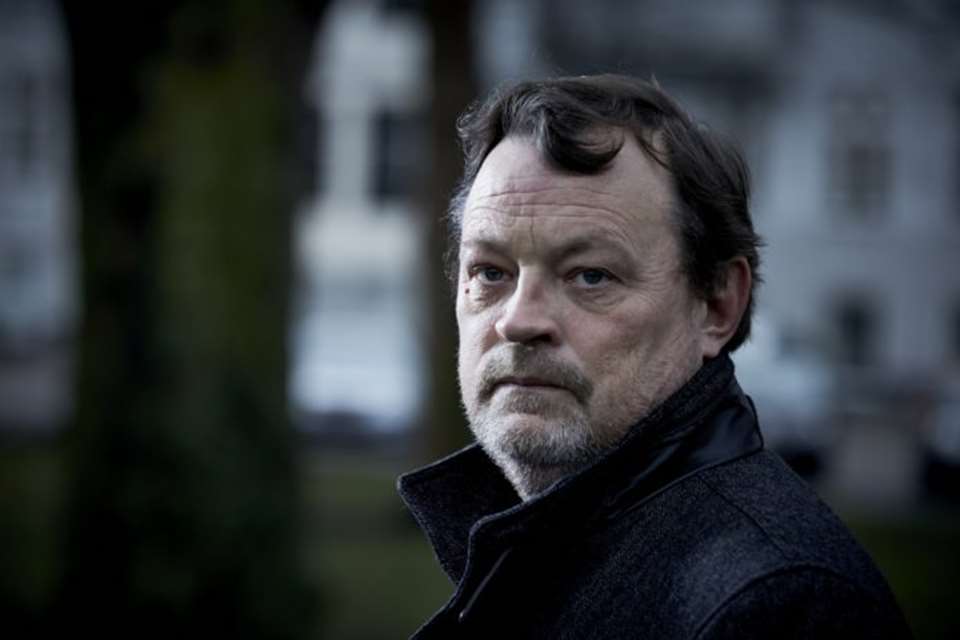Gramophone and The Northern Silence
Andrew Mellor
Thursday, June 23, 2022
My book wouldn’t be what it is without the pressures, passions and opportunities of working at Gramophone
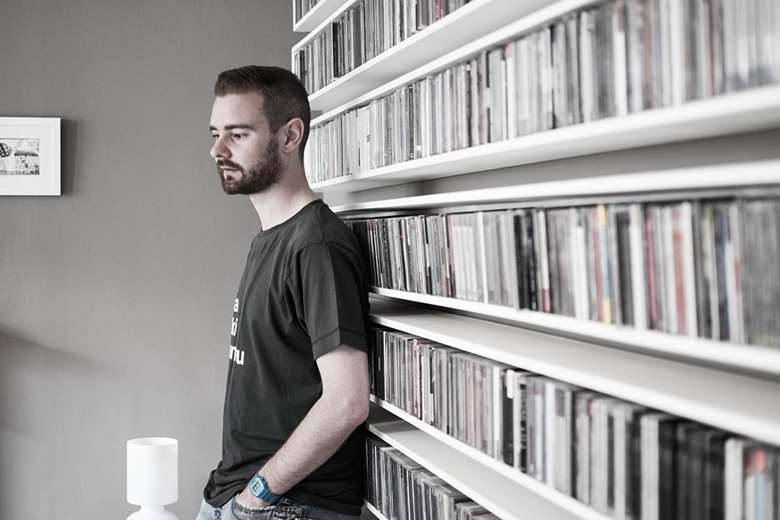
One day in 2014, Gramophone staff decamped to an elegant villa in Dulwich for an away day. The magazine had not long since changed ownership and its new wards were keen to take the pulse of our creativity. We devolved into breakout groups and were asked to think-up strategies for the magazine’s future relevance and prosperity.
The idea I duly presented to my colleagues scored low on both counts. I floated the prospect of a localised edition of the magazine, Gramophone Nordic. After three years manning the reviews desk, I had become convinced that the Nordic region was becoming the engine room of the record industry, and that its mostly multilingual populace might appreciate a product tailored to them. Such an edition might also provide a lucratively expanded market for ad sales.
One of the many holes in my plan, of course, was that Gramophone’s many readers in Scandinavia, Finland, Iceland and the Faroe Islands (yes, I have seen it on sale in the North Atlantic archipelago) already enjoy the magazine for its combination of a global outlook with a distinctive Englishness - however many world citizens might contribute to it. Besides, my obsession with the music and musicians of the Nordic countries would soon see me leave the staff altogether - to move there.
Seven years on, my book The Northern Silence is about to be published. Gramophone Nordic may never have got off the ground, but perhaps this is a surrogate - the culmination (thus far) of an obsession that was nurtured during my time on the magazine, when my editors were kind enough to allow me many hours away from my desk roaming the Nordic wilderness. Some journeys, interviews and encounters initiated at Gramophone’s behest - and that of its sister title Classic FM magazine, where I started out - have made their way into the book.
Among the many privileges of working on Gramophone’s staff, perhaps the greatest was that of total immersion in music and listening. A question I was keen to answer when writing the book was whether one can really talk of a Nordic ‘sound’ in music, whatever the genre. On the staff, access to almost every piece of Nordic classical music recorded courtesy of the Gramophone CD library (this in the days before specialised streaming services had matured) allowed me to lay foundations of listening on which I could later begin to probe that question adequately.
There was something else at play during my daunting early days as reviews editor. My primary musical obsessions at the time were, as they had always been, Wagner and Britten. But the magazine’s contributor list was so heavy with writers possessed of colossal experience and expertise with those composers that there was nothing I could do but read and learn. There was certainly nothing I could offer in prose.
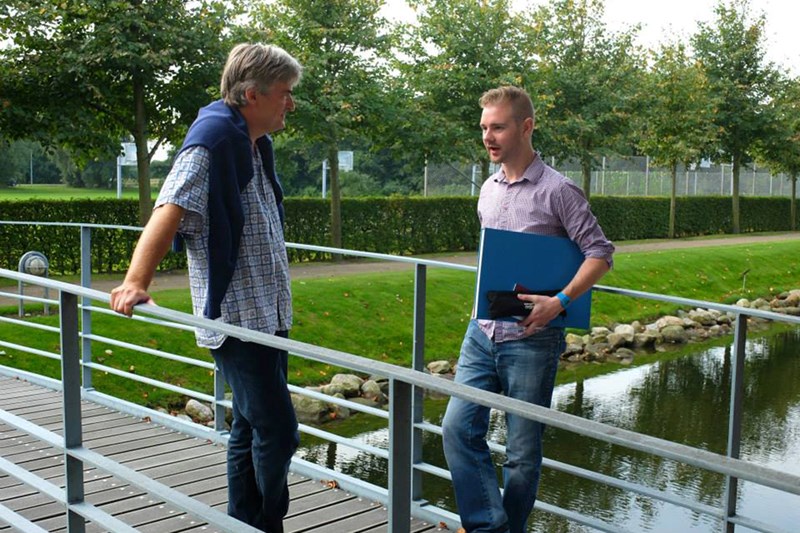
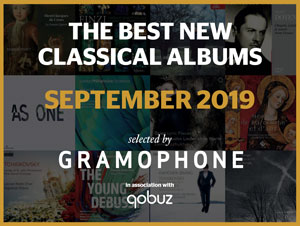 Author Andrew Mellor talking with conductor Thomas Dausgaard in Ribe, Denmark in 2013 (photo: Rued Langgaard Festival)
Author Andrew Mellor talking with conductor Thomas Dausgaard in Ribe, Denmark in 2013 (photo: Rued Langgaard Festival)
Then one day, Gramophone’s former editor James Inverne described me on the phone to someone as a ‘Nordic music specialist’ (or words to that effect). I didn’t think of myself in those terms at all. But I was keen to make my presence felt as a writer; if the editor thought that, shouldn’t I just go with it? I certainly had a burgeoning interest in Nordic music at the time, spurred on by some pivotal experiences with Finnish photography, Norwegian literature and by happy travels in northern climes.
Still, and notwithstanding the encyclopaedic knowledge of Nordic music offered by Sibelius-biographer Guy Rickards - and the equal presence on the contributor list of one of the editors of the new Nielsen Edition, David Fanning - I got the sense that there might just be a little room to have a go. Weeks later, a major feature fell through and the coming issue was left with a 6-page hole in it. This time, I floated an idea that did come good: a feature on the apparent wave of interest in the music of Carl Nielsen. I wrote most of it in the Royal Library in Copenhagen.
Researching that piece, I developed an insatiable appetite for Danish music in particular. The following year, the Danish Arts Council offered me a grant to travel back to the country to look into the life and works of Nielsen’s self-proclaimed nemesis, Rued Langgaard. The seeds were sewn for my frankly reckless decision to up sticks and move to Denmark in 2015, where I am now domiciled apparently for good.
It has been an immense privilege to continue to explore Nordic music in the pages of Gramophone as a freelancer since - and to read other writers doing so. The magazine reminds us that no music exists in a vacuum - the very reason my Gramophone Nordic pitch was a non-starter. I know I would never have had the opportunity to delve so deeply into a particular music scene without the opportunities and contacts presented by a staff position at a magazine with such international cachet.
One other thing. Nobody becomes an ‘expert’ in anything without being fed information, insight or signposts by numerous other people. My colleagues at Gramophone made sure I never missed a beat on the Nordic music scene - not least current editor, Martin Cullingford. As well as many fertile conversations about Nordic design (he was surely behind the Georg Jensen fruit bowl that was my leaving present from the magazine’s staff) he used to bend my ear about the remarkable ‘village’ of Nordic embassy buildings in Berlin. I am delighted they ended up playing a pivotal role in the book.
'The Northern Silence: Journeys in Nordic Music and Culture' is published by Yale University Press on June 28 - full details here.
You can read some of Andrew Mellor's writing for Gramophone on Nordic music and musicians below.




